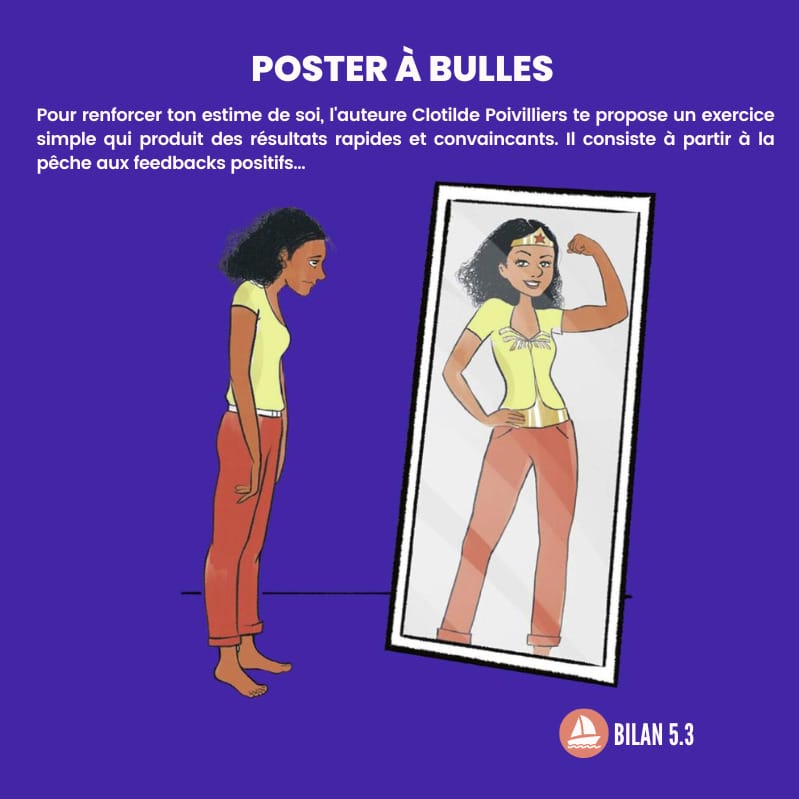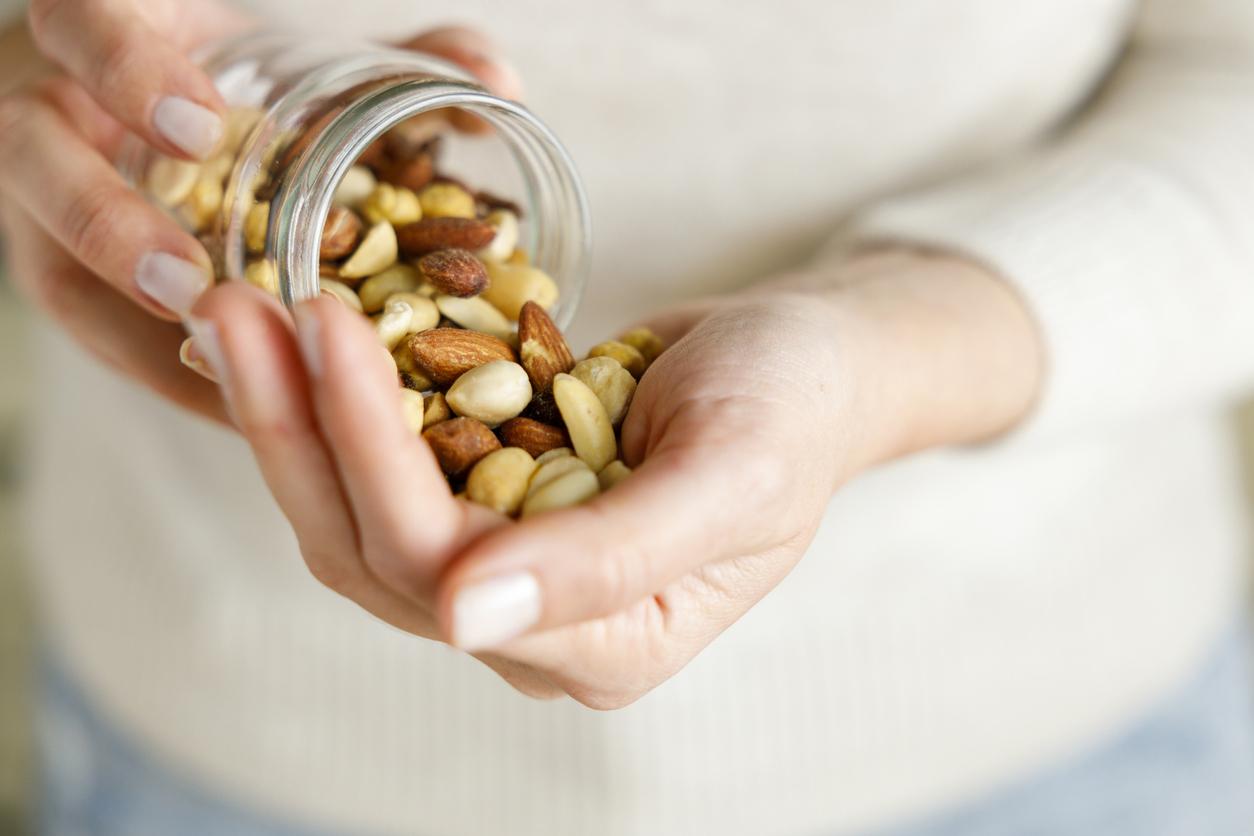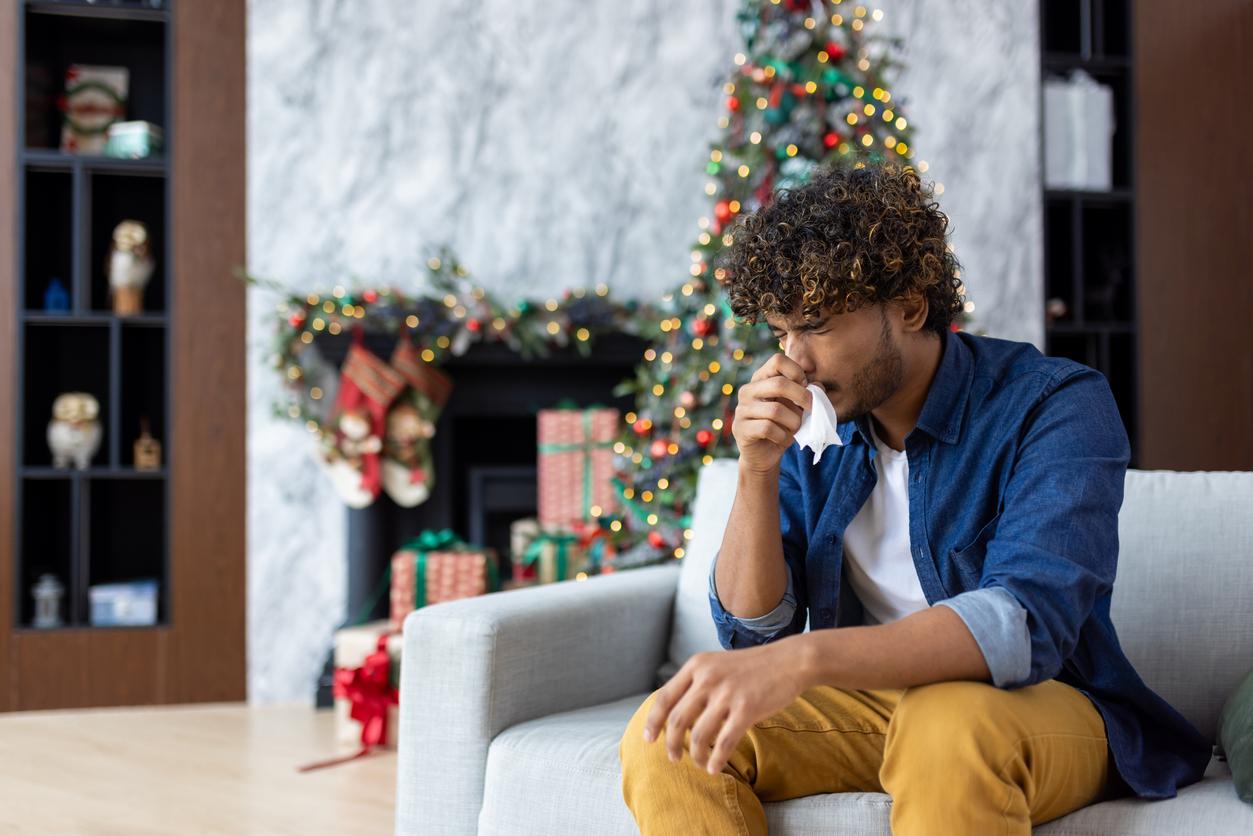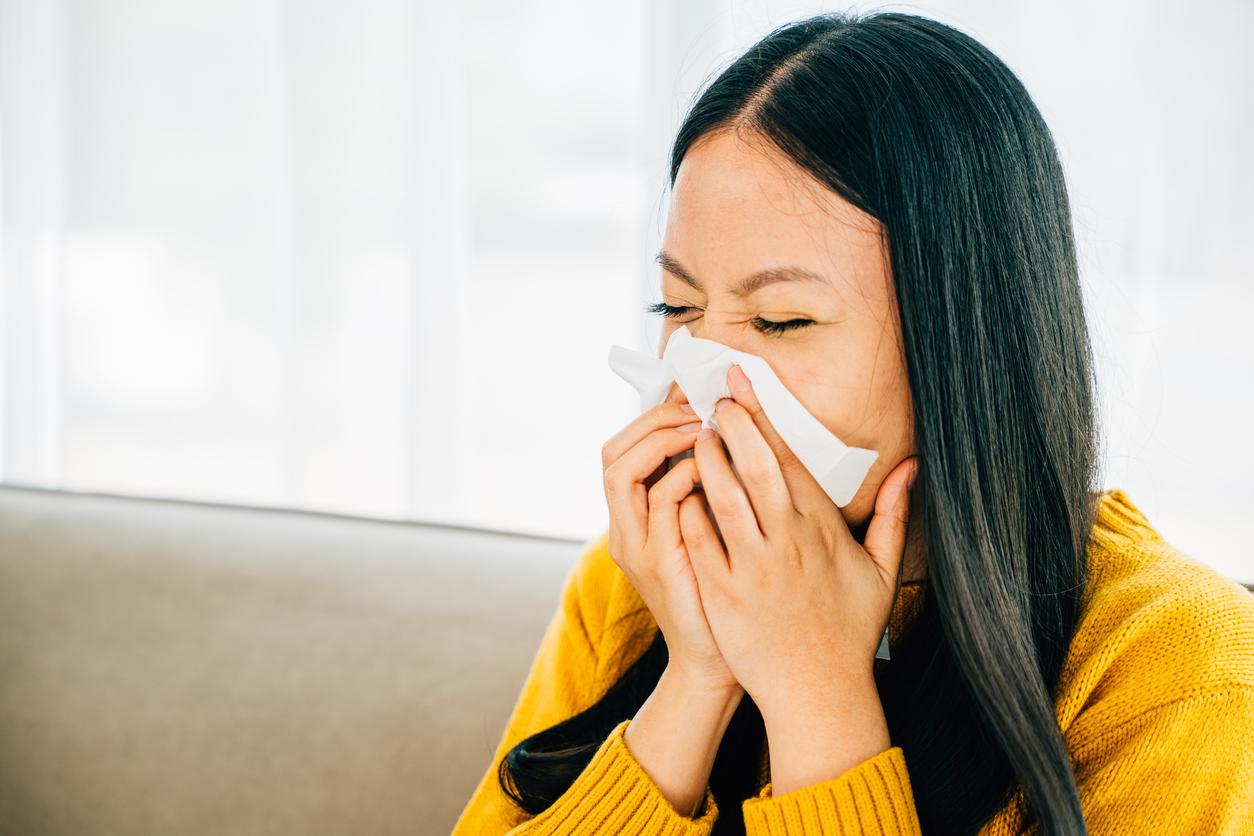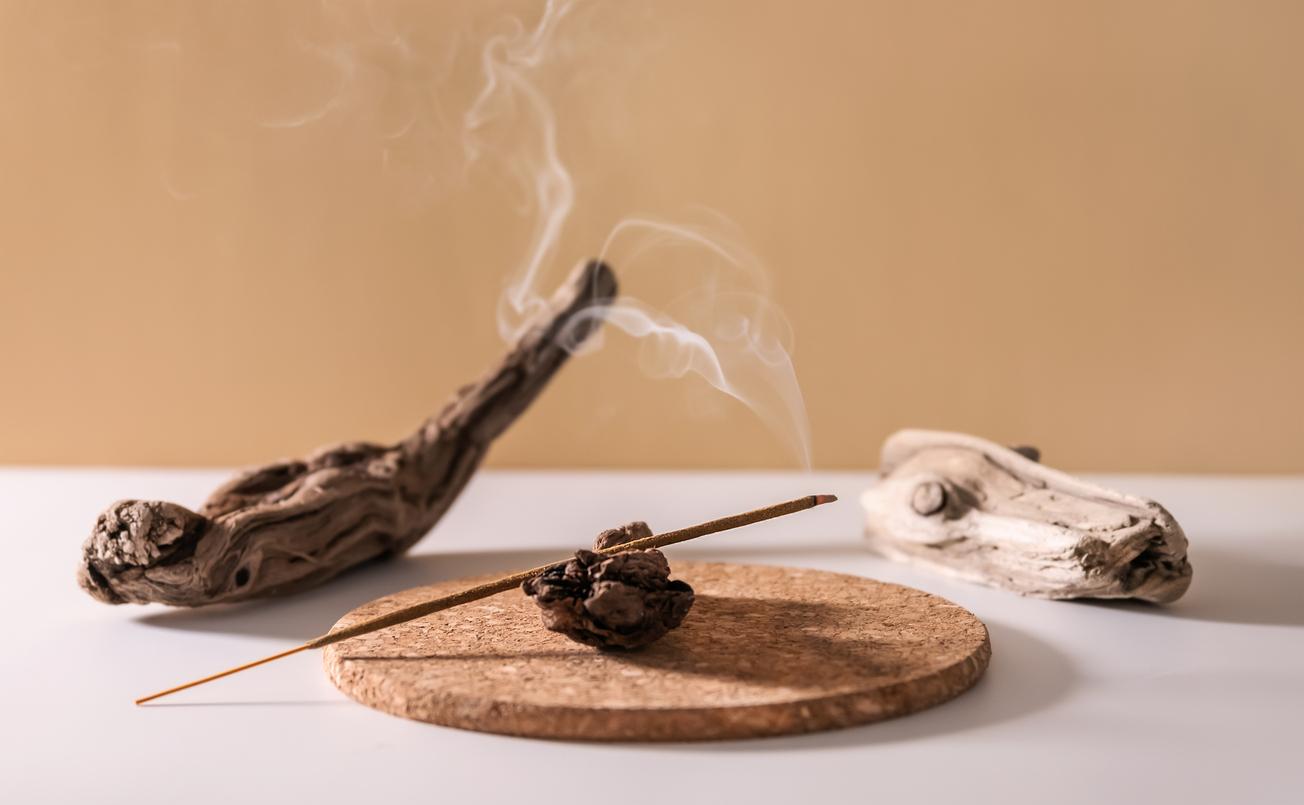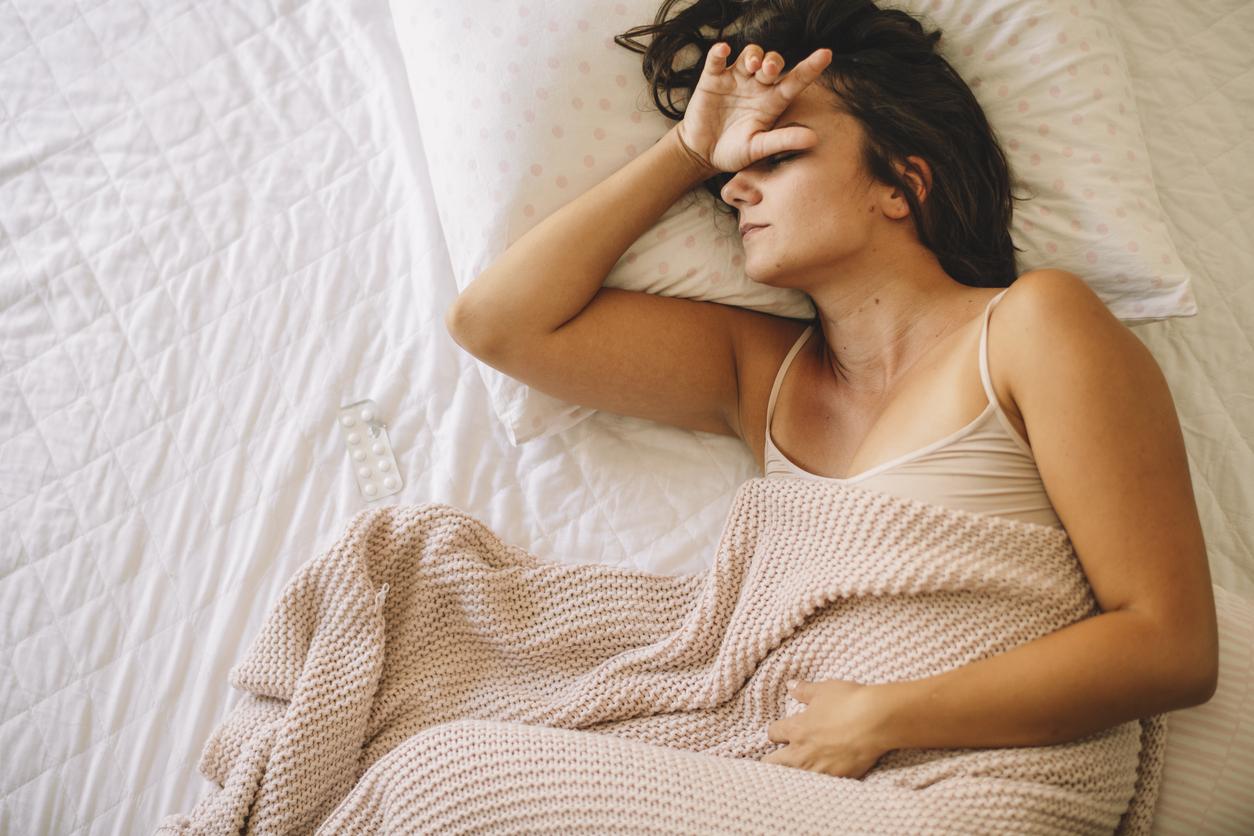Several departments, mainly in the west, face high risks of allergy due to the arrival of grass pollen.
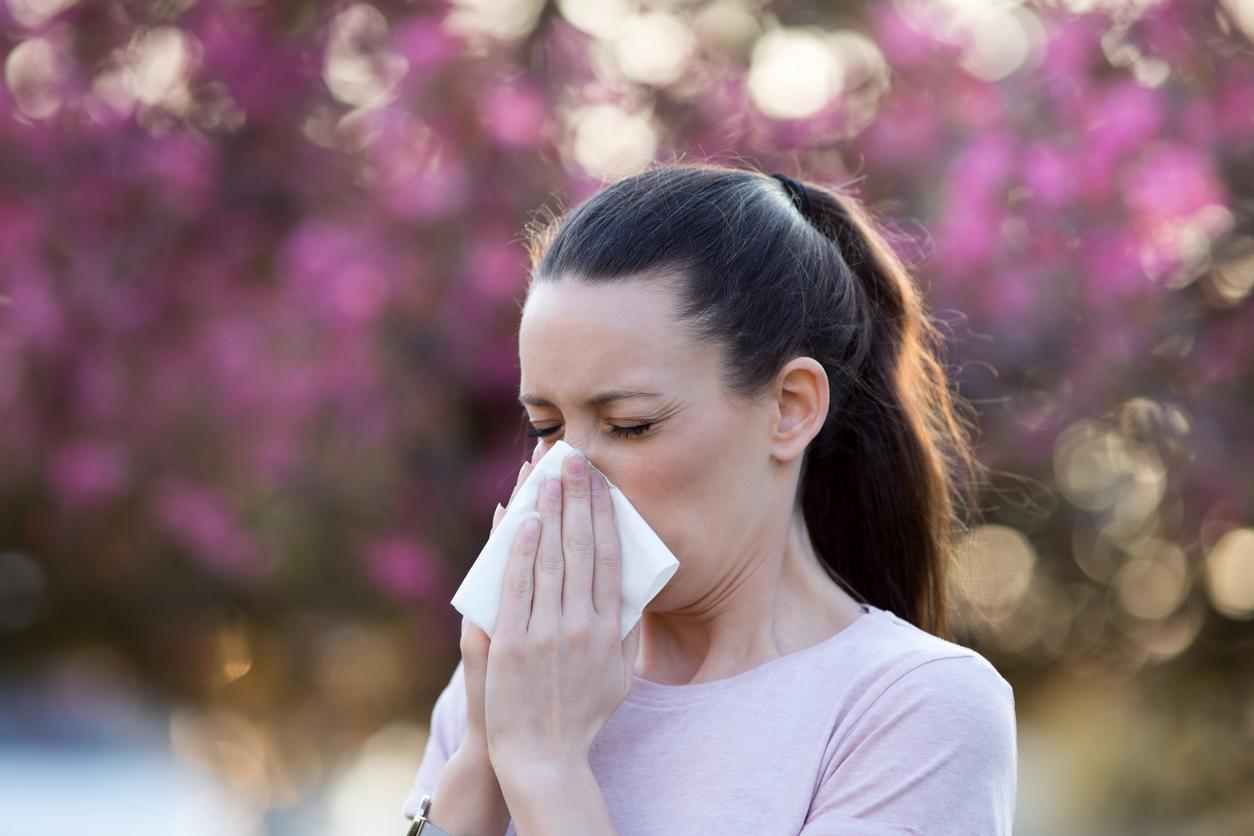
- If birch pollens are less important, grass pollens take over. Which leads the RNSA issued a warning.
- The risk of allergy was classified red in 11 departments, mainly in the west of France.
- The organization warns, among other things, against “pollen cocktails”.
Do you have watery eyes, have you been sneezing non-stop since this weekend? The fault may be the arrival in force of grass pollen, especially if you live in the west of France.
Allergy seasonal: watch out for grass pollen
According to the newsletter allergo-pollinic of the National Aerobiological Surveillance Network (RNSA)grass pollens have taken over from those of trees, with an associated risk of low to medium level.
“The birches are at the end of flowering with risks ofallergies which will decrease in the next few days, but allergy sufferers will not really have any respite, because grass pollens are increasing in power with an associated risk of low to medium level”specifies the press release of April 28.
Grasses are herbaceous, particularly allergenic. We can cite timothy, bluegrass, fescue, rye, oats or even wheat; “Grass pollen allergy sufferers need to follow their treatment and prepare for the weeks ahead. complicated“add the RNSA.
Allergy to pollen: 11 departments on red alert
Eleven departments were class red due to the significant presence of several pollens in their environment. Eight, mainly located in the west of the country, reveal a cocktail of oak, birch and grass pollens problematic. It is :
- Ille-et-Vilaine;
- Morbihan;
- Loire-Atlantique;
- Maine-et-Loire;
- The Vienna;
- Haute-Vienne;
- The Côtes d’Armor;
- The Correze.
In the two departments of Corsica, it is the mixture of oak pollen, parietaria (urticaceae) and grasses which leads a high risk of allergy. Finally, the risk is also high in the Var, because parietaria pollen is very present.
pollen : how to protect yourself?
It is possible to limit the risk of allergies by adopting a few simple measures:
- avoid going outdoors early in the morning or late in the evening when the concentration of pollen is highest;
- to wash hair and clothes after an outing;
- to use a pair of sunglasses to protect the eyes;
- ventilate his house at the beginning or end of the day;
- born do not dry clothes outside.
In addition, it is recommended to consult a doctor or pharmacist if the symptoms of pollen allergy are significant, disabling and/or persistent.




